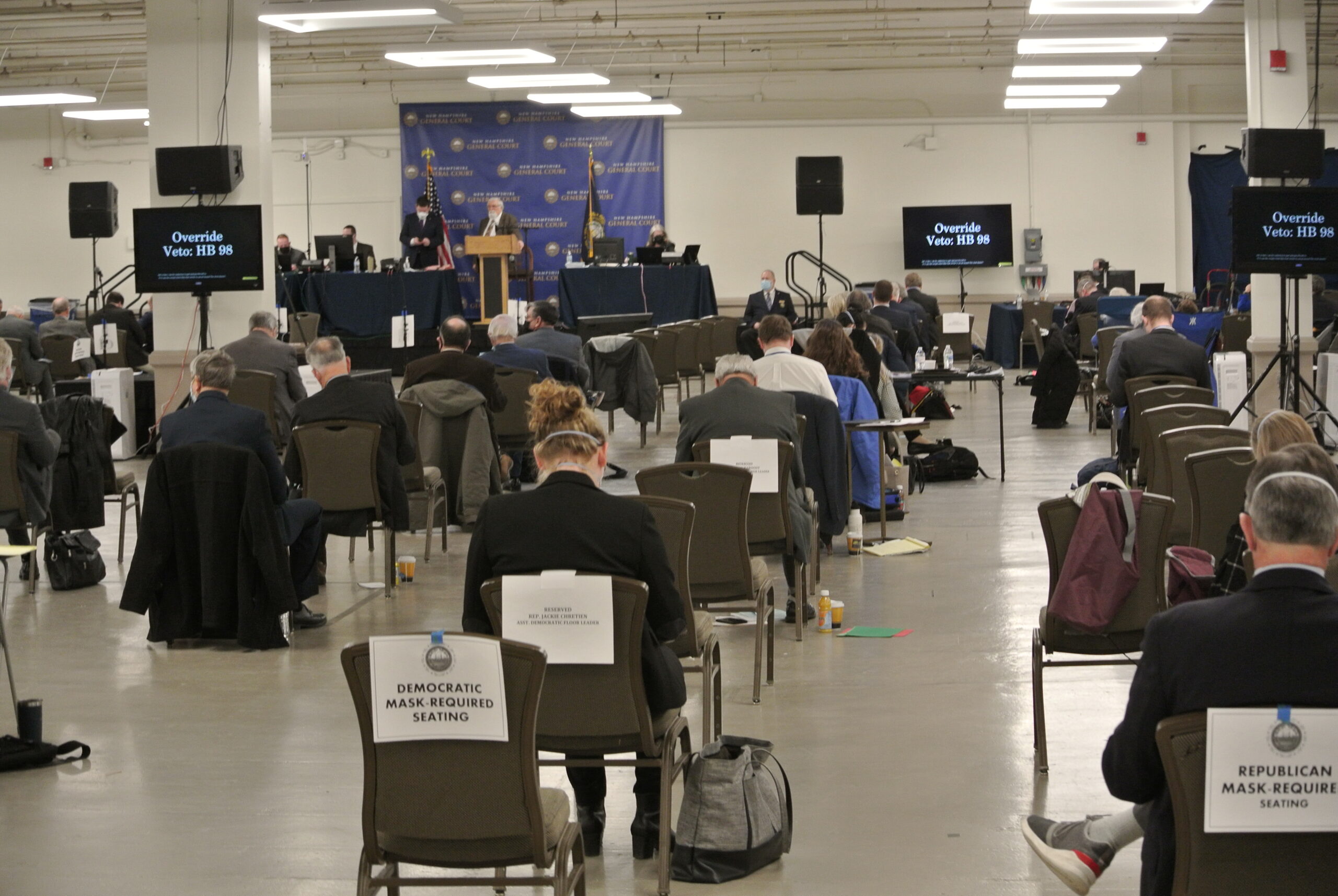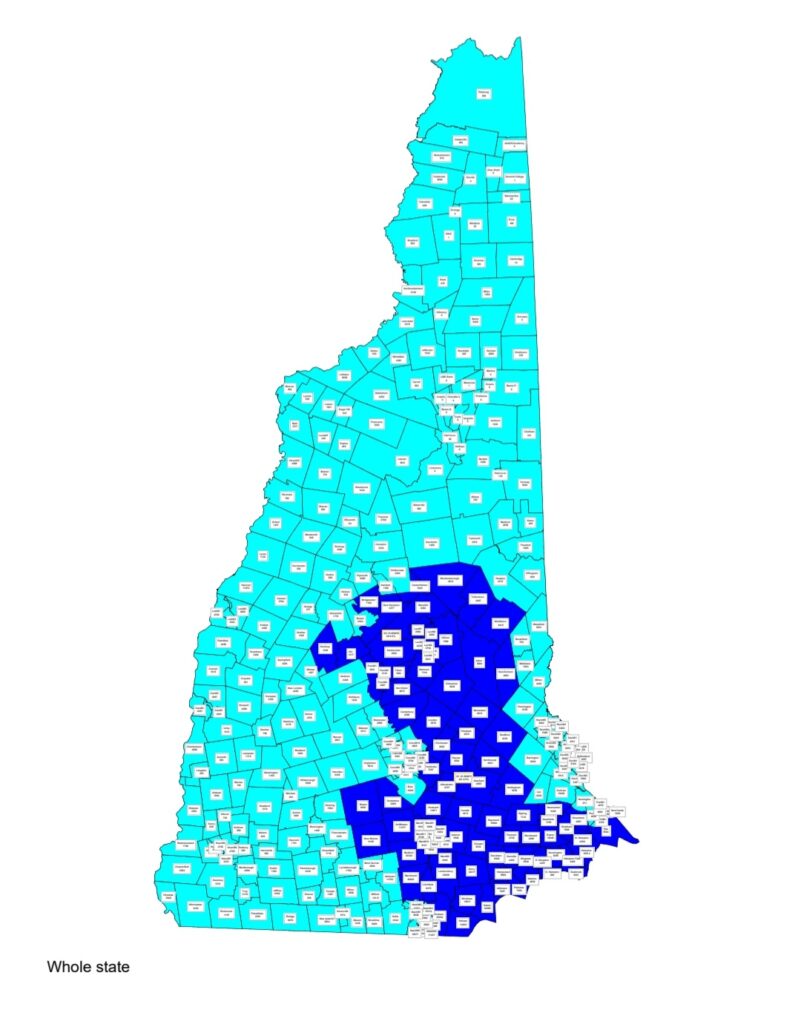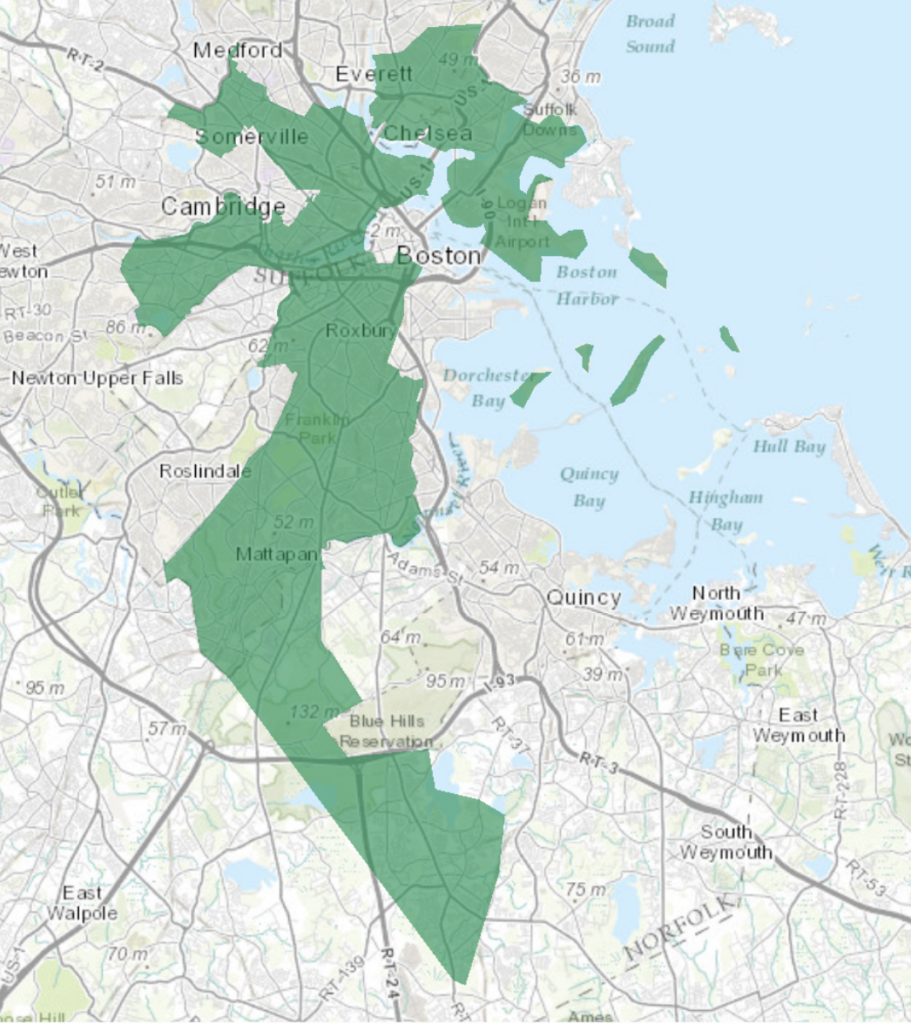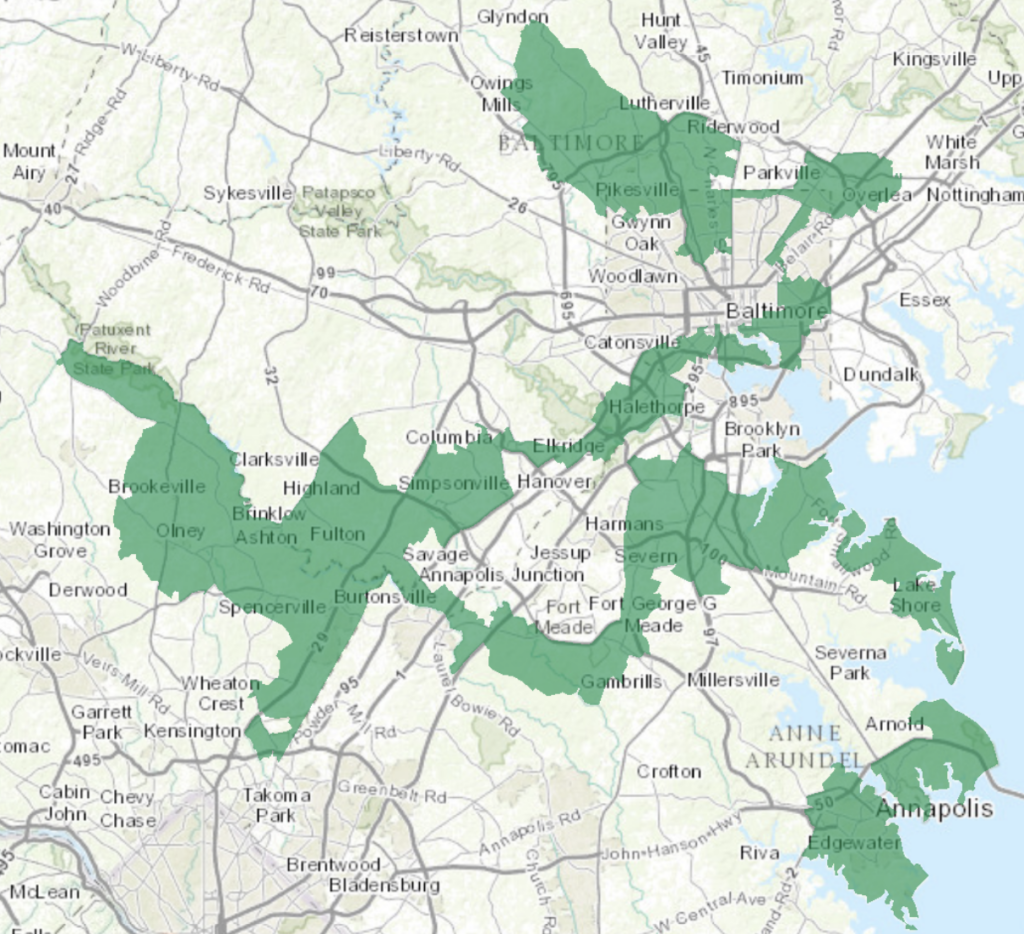NHJournal Q & A With Speaker of the House Sherman Packard

After last week’s opening House session of the 2022 season, Speaker of the House Sherman Packard (R-Londonderry) spoke to New Hampshire Journal about events at the Doubletree in Manchester. Packard defended the new district map approved by the Republican-led House and predicted vaccine mandates and the COVID pandemic in general are likely to play a big role in the coming 2022 election.
NH Journal:
Overall, what were your goals for this first session of the House.”
Packard:
My goal was to get through safely and not have any incidences of sickness. We’ve had two years now. Every time we’ve met, we’ve never had a case. And so I’m hoping and praying that that continues.
We sent out tests to every member prior to the first few days of the session and asked them to check themselves before they came. So I’m hoping that’s what they use the test kits for. But we also had like twenty machines in there going the whole time, to clean the air. So that was my first thing, to try and make it as safe as possible.
(Over the weekend, the New Hampshire House Communications team sent out an email to members informing them that at least two people at the Jan. 5 and Jan. 6 House Sessions tested positive for COVID-19. Members and people who attend are being asked to watch for symptoms.)
NH Journal:
On the redistricting issue, do you agree with people who say that this was a good map for Republicans and one that Republicans should rally around and support?
Packard:
I think it’s a fair map. I think it’s a very fair map. We were very careful when we picked the Redistricting Committee as to who we put on it. And I thought on both sides we put people who were very knowledgeable. You gotta remember too … that the redistricting committee went to every single county in the state, including Coos county, and had a public hearing.
If you really look at the map, the 1st District is much more condensed because of the population, where we’ve got 55 percent of the population in two counties. So, it’s much more condensed than the Northern counties and the other counties that have smaller populations. So, it’s going to be a much larger area than the other districts, strictly because of the population.
NH Journal:
Many people were concerned about the bill to ban businesses from being able, if they chose to, have a vaccine mandate for their own employees. There’s a lot of passion surrounding that issue and some Republicans were adamant about it. And yet it got tabled by a pretty large margin. Was that smart politics from the Republican leadership that knew this was a loser issue and killed it quickly? Or was this an ideological vote in the sense that both Democrats and small-government Republicans agreed that the state shouldn’t be interfering in what a business chooses to do?
Packard:
I’m not sure it had anything to do with any particular philosophy on either side. We started out with over 40 bills that had to do with COVID, in some form, whether it be the mandates, the vaccines, or anything else. We whittled that down to about 20 bills. So we’ve got approximately 20 bills sitting in our committees right now that are going to be dealing with this issue. So our goal is to have fair, open hearings on all those bills and come up with the best policy we can. And that’s why I think you’ll find it if you talk to most representatives … I mean, something’s going to pass the legislature and hit the governor’s desk, and that’s what we’re going to be working on over the next couple of months.
NH Journal:
And what do you anticipate hitting the governor’s desk? Is it going to be some restriction on what private businesses can do when it comes to vaccines?
Packard:
Well, my personal feeling is I’m against the state mandating a mandate. We’ve always been against that. And I feel it is important that we need to protect the workers, but shouldn’t be telling businesses what they can and cannot do. But we need to protect the workers against being fired or laid off because they truly believe that this vaccine is not safe. And many people I talked to believe it’s not safe. I’m not a doctor, and I’m not going to make any determination whether it is or not. I’ve had my shots and I’ve had a booster.
So, that’s what we’ve got to work out. I would anticipate we’ll have four or five bills that go forward to hit the government’s desk in some form … I truly believe out of the 20 bills we’ve got we will have probably four, I wouldn’t say more than six, land on the governor’s desk that will probably cover all the [COVID] issues that we’re talking about.
NH Journal:
As of today, 2022 looks like it’s going to be a good year for Republicans. Do you believe that issues like trying to get in the COVID vaccine fight and the fight over anti-vax versus mandates, etc., is a good issue for Republicans in 2022? Or is it the kind of issue that would actually slow down your potential progress?
Packard:
I think society today is so conflicted as to the vaccine itself, whether it’s safe or it isn’t safe. I mean, there are some pretty ludicrous statements out there on both sides. And I’m certainly not a doctor, but I think this is going be an issue until this pandemic, is put to bed and at some point is gone.
Moving forward, I think it will depend on how events transpire, whether we actually can get rid of it by summertime. I think only time will tell how this is really going to affect the elections.
I mean, the Democrats have filed some pretty crazy bills too. There was one in there that had to do with, if you were on government assistance, more or less welfare, and you got elected to the State House, they get you more money. There are some pretty crazy bills that have been filed by our Democratic colleagues. So, once I think the public sees some of the crazy stuff, they’re going to realize that they don’t want (the Democrats) leading the state.
NH Journal:
There’s been a lot of talk about a leadership vacuum in the Democratic House caucus, ongoing struggles between the progressive and traditional Democrats. Are you able to find partners across the aisle to negotiate with and work with, to try to pull more bipartisan legislation forward? Or are you just not interested in doing that? Or is it hard to find people across the aisle who have the ability to bring votes with them to work with as was common in legislatures 10 or 15 years ago?
Packard:
Oh, I absolutely believe there’s still the hope that we can work together on a lot of legislation. If you look at the history, as long as I’ve been here, 80 to 85 percent of the bills we work on are usually bipartisan in some form. But nobody ever hears about them because they are bipartisan, there’s no conflict. The other 15 to 20 percent are the ones that make all the headlines and make all the news and make all the hubbub.
So, I truly believe that there are still a lot of bipartisan bills out there and a lot of bipartisanship in the committees too. There are a few committees you might consider partisan, like the Election Law Committee. But many of the committees out there, Public Works, Transportation, Fish and Game, all those are fair, bipartisan committees.
So, it depends on the subject matter, but I truly believe that in many cases, the parties will be able to work together going forward.



 Democrats responded to this modest display of candor with outrage.
Democrats responded to this modest display of candor with outrage.



